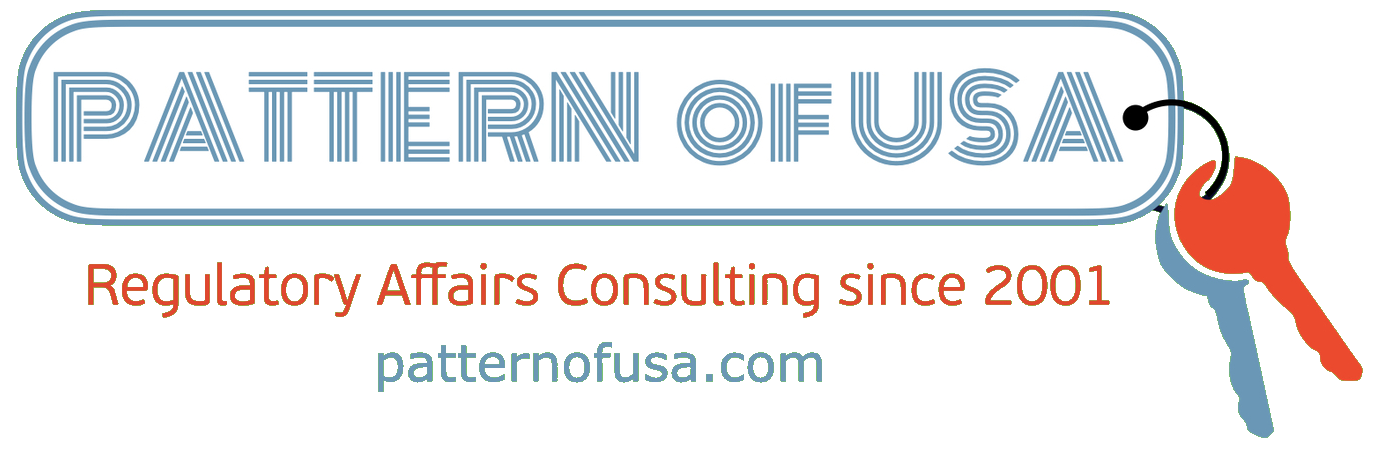Amgen Unveils Encouraging Phase 2 Findings for Its GLP-1-GIP Obesity Treatment


This week, Amgen, a U.S.-based biotech firm, revealed positive outcomes from its study focusing on maridebart cafraglutide (MariTide), an investigational medication aimed at those battling obesity, excess weight, and/or Type 2 diabetes. The Phase 2 clinical trial, which was conducted under double-blind, dose-ranging conditions, included 592 adult participants.
After a year of treatment, individuals classified as overweight or obese experienced an average weight reduction of 20%, without encountering a plateau in weight loss, indicating that further reduction may be achievable. For participants with Type 2 diabetes accompanied by obesity or overweight, the average weight loss reached 17%, also without signs of a plateau. The company emphasized the significance of these observations, particularly since this demographic “typically lose(s) less weight on GLP-1 therapies.”
In addition to weight loss, patients with Type 2 diabetes in the overweight or obese category noted reductions in hemoglobin A1C (HbA1c) levels, averaging a drop of 2.2 percentage points. The HbA1c metric serves as an indicator of blood sugar levels.
MariTide functions as a bispecific antibody-peptide conjugate that concurrently targets both the glucagon-like peptide 1 (GLP-1) receptor and the glucose-dependent insulinotropic polypeptide receptor (GIPR). Operating as an agonist, it mimics the actions of naturally occurring GLP-1 and GIP hormones.
The GLP-1 hormone plays multiple critical roles such as stimulating insulin secretion from the pancreas, suppressing glucagon release to lower blood sugar levels, delaying gastric emptying, and enhancing feelings of fullness. GIP release, which occurs in response to elevated glucose levels, promotes insulin secretion to help regulate blood glucose.
Several pharmaceuticals target either the GLP-1 or GIP receptor, including Novo Nordisk’s Ozempic. Similar to Eli Lilly’s Mounjaro/Zepbound (tirzepatide), MariTide activates both receptors, which is believed to enhance weight loss efficacy as supported by preclinical findings. Besides its dual-action approach, the combination of antibody and peptide also extends the drug’s half-life, resulting in improved durability and a lower risk for weight regain following treatment cessation.
Jay Bradner, Amgen’s Executive Vice President of Research and Development and Chief Scientific Officer, expressed enthusiasm about MariTide’s distinctive profile, citing its potential for significant and progressive weight loss, dosing frequency of monthly or less, notable improvements in cardiometabolic conditions, and a pronounced reduction in HbA1C.
The second phase of the ongoing study is examining the effects of MariTide beyond the initial 52-week mark. Participants will be assigned to receive either a placebo, monthly doses of 70 mg, 140 mg, 420 mg, or a 12-week 420 mg treatment. The aim of Part 2 is to assess further weight loss with ongoing treatment, the sustainability of weight loss post-MariTide, and weight maintenance through reduced or less frequent dosing.
Given the current positive results, Amgen is laying the groundwork for a Phase 3 study named MARITIME, focusing on obesity and related conditions.
Recently, the market for GLP-1 drugs targeting weight loss has been rapidly expanding. Companies are actively working to accommodate increasing demand and avert any supply shortages. For instance, the U.S. CDMO Corden Pharma announced it would enhance its GLP-1 manufacturing capabilities with a €900 million investment, while Eli Lilly is collaborating with Amazon to improve access to its weight-loss treatments.
